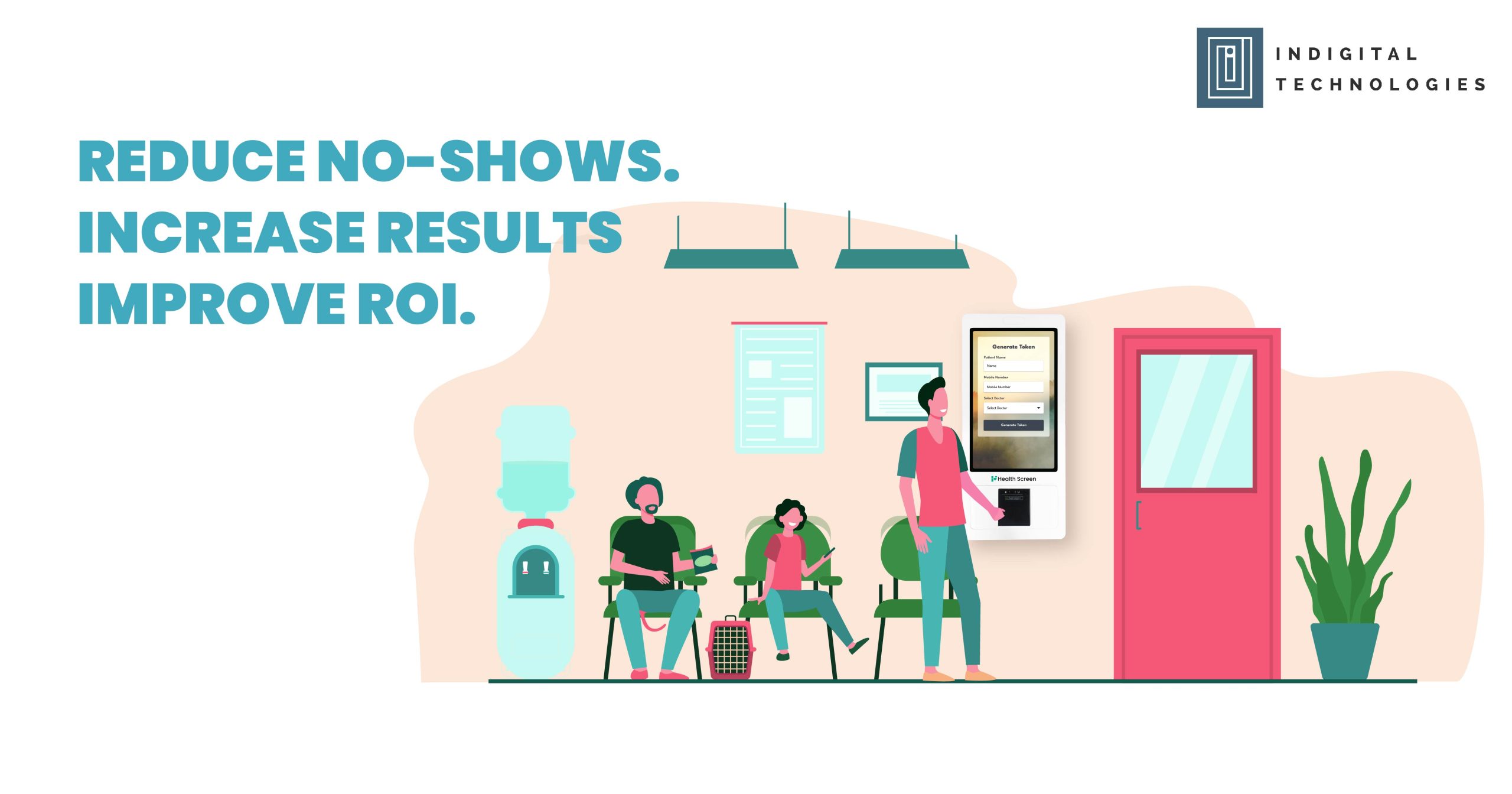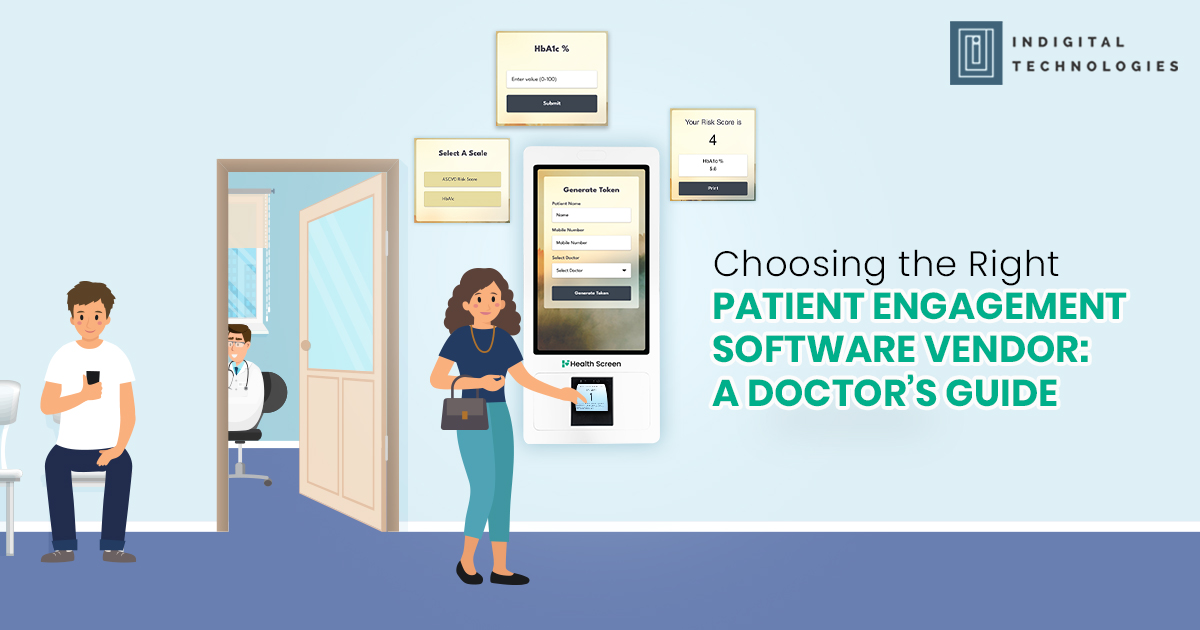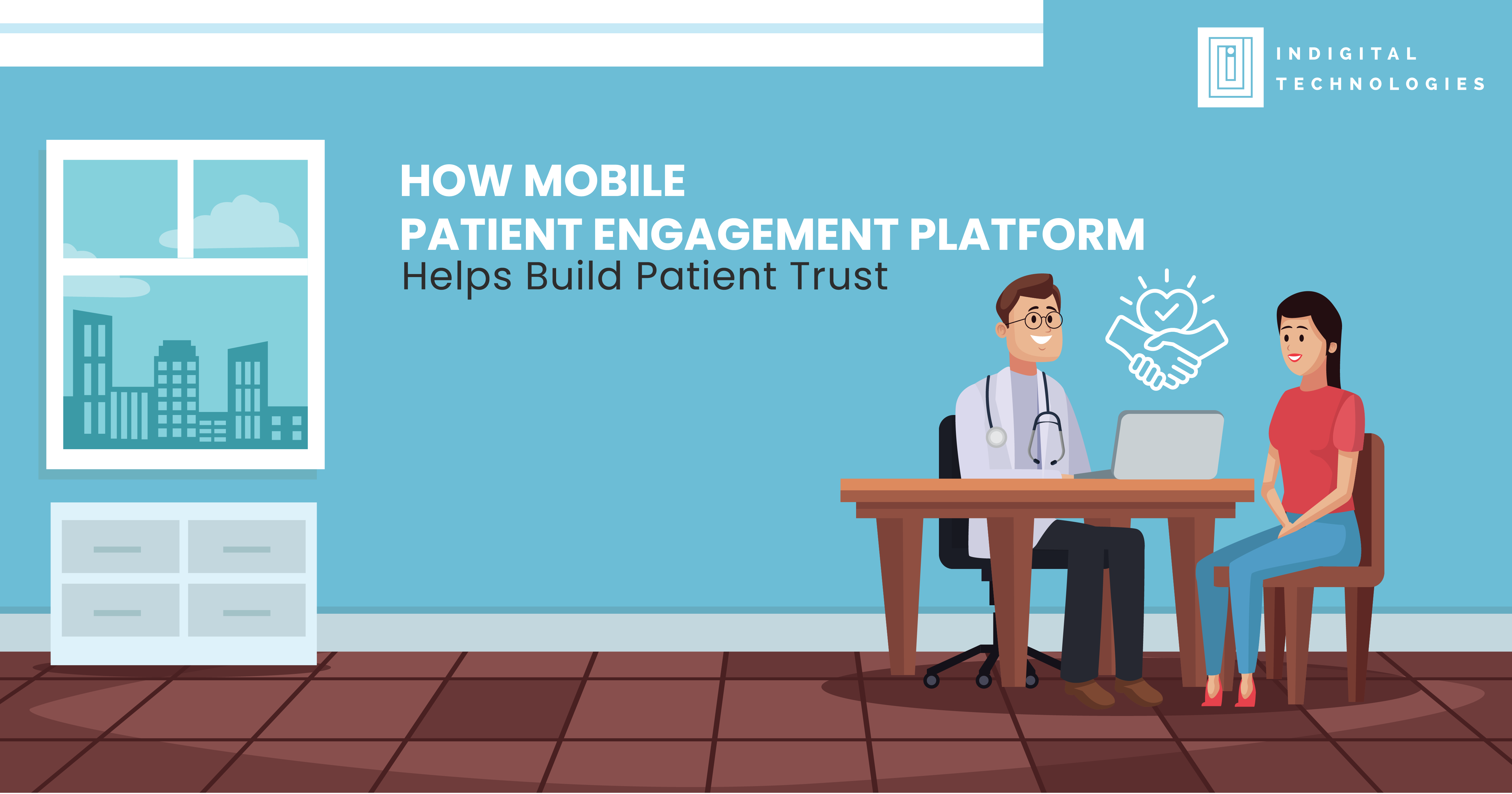In the evolving landscape of healthcare, drug innovation happens faster than ever before.
But even the most groundbreaking therapies face a common hurdle — adoption at the clinic
level. New drugs often require physicians to adjust workflows, educate patients differently,
and track outcomes with greater precision. This is where a robust patient engagement
platform becomes a silent yet powerful ally.
Bridging the Information Gap
One of the biggest challenges clinics face when introducing new drugs is ensuring that
patients fully understand the therapy’s benefits, potential side effects, and importance of
adherence. Traditional leaflets and verbal instructions often fall short. A patient engagement
platform, however, transforms education into an ongoing dialogue.
Through interactive screens, videos, and structured patient education modules, clinics can
deliver consistent, high-quality information about new drugs. Patients are more informed —
and informed patients are more likely to accept and adhere to prescribed therapies.
Streamlining Consent and Monitoring
When introducing a new drug, especially under compassionate use or early access
programs, documentation becomes critical. Engagement platforms often come equipped
with digital consent tools and monitoring checklists, making it easier for clinics to collect,
store, and track patient data securely and efficiently.
Doctors benefit from having a digital trail that supports medical decision-making, while
pharma managers can gather real-world feedback about drug efficacy and tolerability.
Reducing Dropouts Through Active Engagement
The first few weeks of a new therapy are crucial. Patients uncertain about side effects or
efficacy may discontinue prematurely without informing the physician. A proactive digital
engagement platform keeps patients involved between visits. Reminders, educational
nudges, and symptom trackers can alert healthcare providers if a patient is losing confidence
in the therapy — enabling timely interventions.
Building a Data-Driven Practice
Today, clinics are expected to be not only healthcare providers but also data-driven
organizations. Patient engagement platforms support this transition. When a new drug is
introduced, physicians can use platform-generated insights — adherence rates, side effect
reports, and patient satisfaction scores — to refine treatment strategies and improve
outcomes.
The Pharma Manager’s Advantage
For pharma managers, patient engagement platforms offer a strategic window. Real-time
anonymized data from clinics can help identify patterns: where adoption is strong, where
further support may be needed, and what barriers patients perceive. This intelligence
empowers pharma teams to design better physician support programs and educational
campaigns.
The adoption of a new drug doesn’t begin and end with the prescription pad. It is an ongoing
process that hinges on patient education, monitoring, and trust. Advanced patient
engagement platforms play a critical role behind the scenes — helping clinics succeed in
introducing innovations while enhancing patient care.
In 2025 and beyond, integrating these solutions will no longer be optional — it will be
essential for staying at the forefront of clinical excellence and patient satisfaction.





